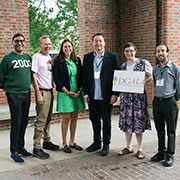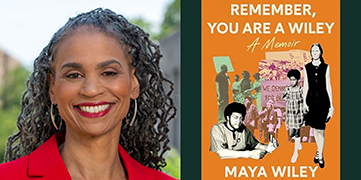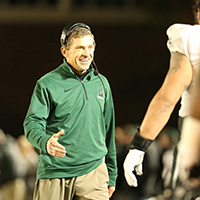Kaitlin Gastrock ’04 on Embracing the Opportunity in Challenge
Reflections after the Leaders in Education panel at the Future of Work in Education conference hosted by Dartmouth for Life at Curry College.
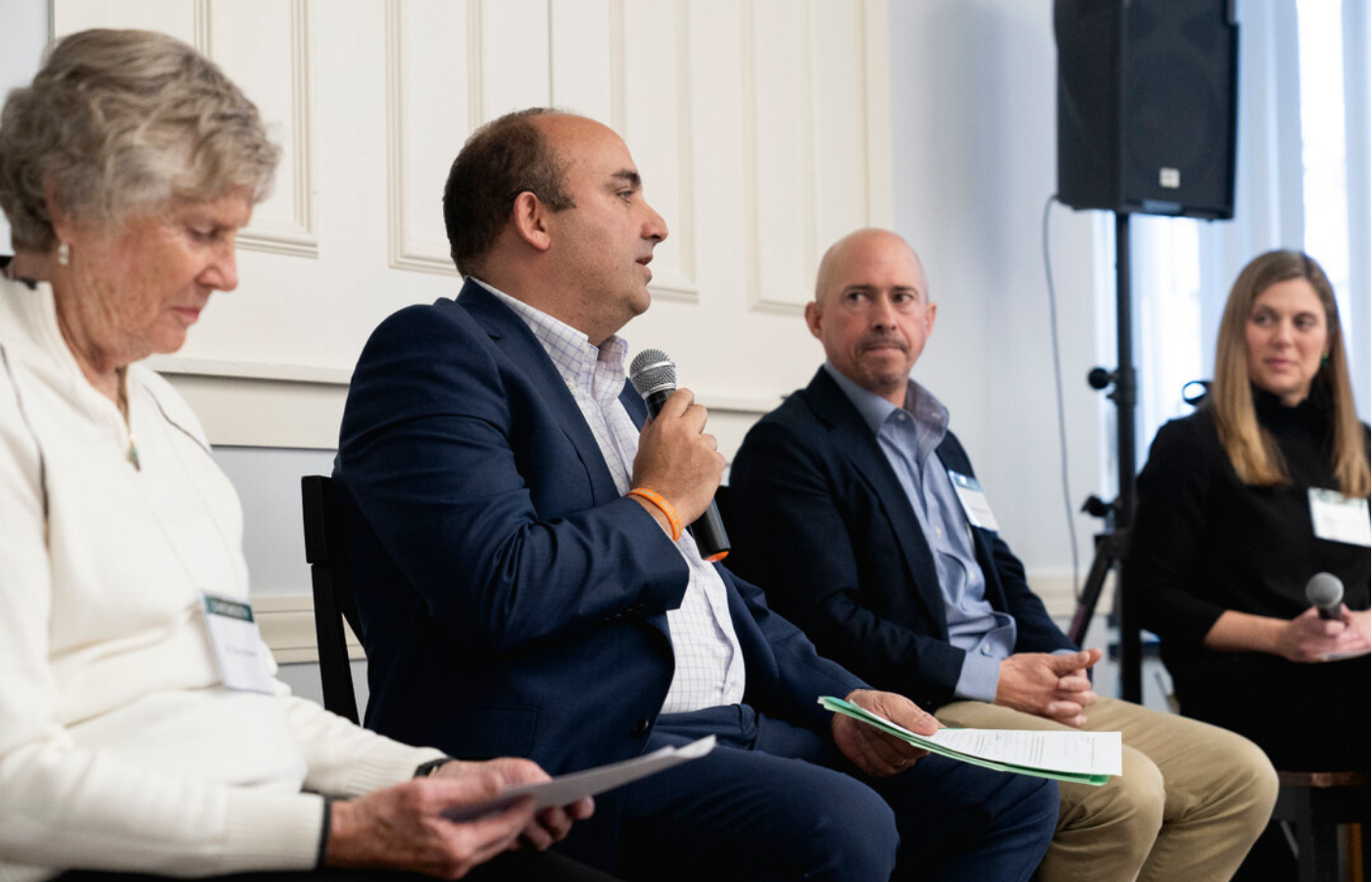
Jul 8, 2024
4 minute read
Kaitlin Gastrock ’04
4 minute read
This piece written by Kaitlin Gastrock ’04 was originally posted on LinkedIn on March 19, 2024.
As I looked around the conference room in the Hafer Building at Curry College, I couldn’t help but be impressed by the wealth of talent committed to educational excellence in that room. I had been invited to participate in the Future of Work in Education conference hosted by Dartmouth for Life, and the room was filled with Dartmouth alums and friends who have dedicated their careers to education. At my table alone were seated school leaders, classroom teachers, policy wonks, and school finance experts spanning three decades of Dartmouth graduating classes.
Around the room, the group included current Dartmouth and Curry students, higher education leaders, school system leaders, and leaders in medical education among others. The group certainly represented the future of education.
As a consultant for EdStrategies, founded by fellow Dartmouth ’04 Anne Hunt Miller, I spend many of my days talking education policy and practice.
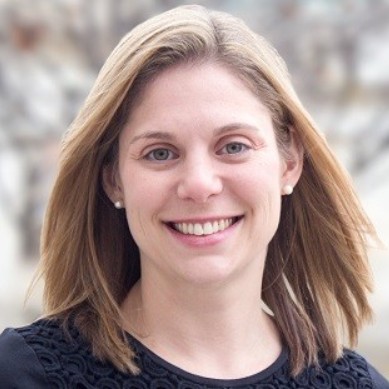
But a day surrounded by others who share a passion for learning was still a nice departure from my usual Saturday routine of kids’ sports, music lessons, and maybe a birthday party or two.
Although we were there to talk about shaping the future of education for kids, it was also energizing to see a room full of adults with notebooks open and pencils up, debating ideas like the role of AI in education, and imagining their own profile as an education philosopher as part of a design-thinking workshop led by Dartmouth Professor Rafe Steinheuer.
While the day was filled with poignant conversations, I was honored to take the proverbial stage as moderator of the day’s final panel discussion, Leaders in Education: Finding Motivation and Succeeding in Challening Times. Our panelists included Jay Gonzalez ’93, President of Curry College; Dr. Diane Nagel Palmer, former director of the Antigua International School in Antigua, Guatemala; and Stephen Zrike ’98, Superintendent of Salem Public Schools in Salem, MA. Their leadership experience is diverse; it bridges early childhood programs to postsecondary education and includes the classroom, the boardroom, school leadership, and systems leadership here in America and abroad. They shared their wisdom on how to navigate complex political landscapes, center students in decision-making, gather perspectives from a broad range of stakeholders, including those closest to the issue, and how to use meaningful data to drive results without letting the metric take precedent over the student outcomes you truly value.
As we discussed the challenges in education leadership in the past few years – including a global pandemic, social upheaval, and an economic downturn - it became clear that for these leaders, the moments of challenge were not a crisis to be borne, but a moment of opportunity – for learning, innovation, and action. Each had a story of pivoting from an initial reactive stance during the early days of the pandemic to proactively embracing the chance to rethink business as usual. In their different contexts, that meant offering new programs or support services, creating new revenue streams, and engaging their community in different ways. They highlighted that values of flexibility and humility guided their willingness to let go of old ways of operating and explore new possibilities.
I saw similar inspiration in the midst of challenge among effective leaders in my own work. For example, I worked alongside early childhood program leaders who not only reopened their existing classrooms as quickly as possible during the pandemic, but who were also willing in 2020 to take the chance on joining a cooperative of providers to open new classrooms and create shared opportunities for teacher development, student assessment, and program funding. Rather than hunker down, they dared to rethink what a cohesive, connected early childhood ecosystem could look like in their city.
For highly effective leaders like these, challenge is a gift. As Albert Einstein said, “In difficulty lies opportunity.” Researcher Manu Kapur, who originated the theory of productive failure, would agree. His extensive research on durable learning indicates that situations that require students to wrangle with difficult questions and consider multiple approaches can produce up to three times the learning of traditional direct instruction. For leaders and students alike, grappling with the tough questions can open new perspectives.
For that reason, Franklin Roosevelt’s quote “A smooth sea never made a strong sailor” has long been one of my favorites. In embracing the hard moments, we can identify new opportunities for students and reimagine the possibilities in education.



